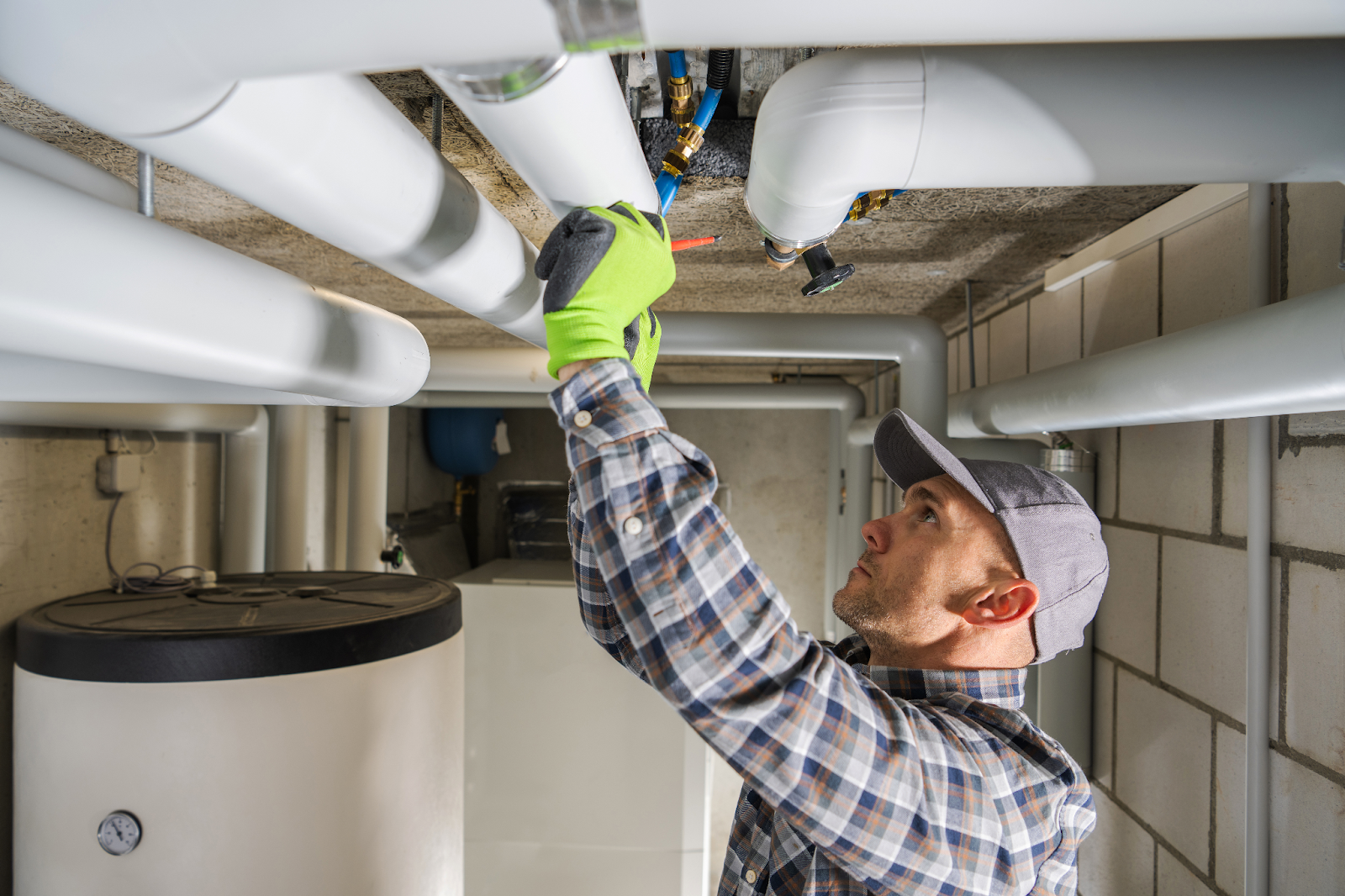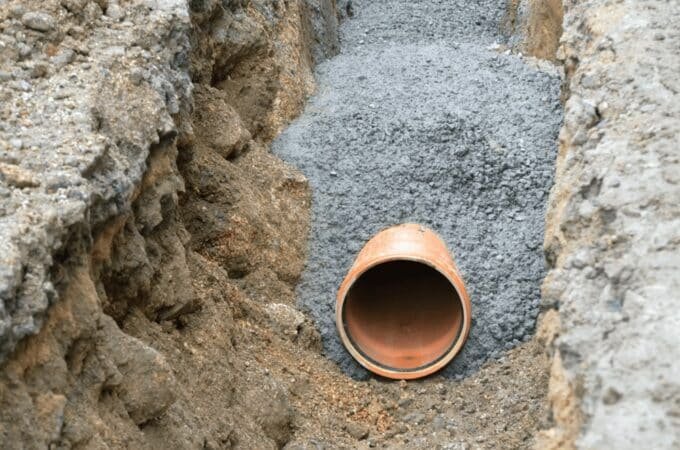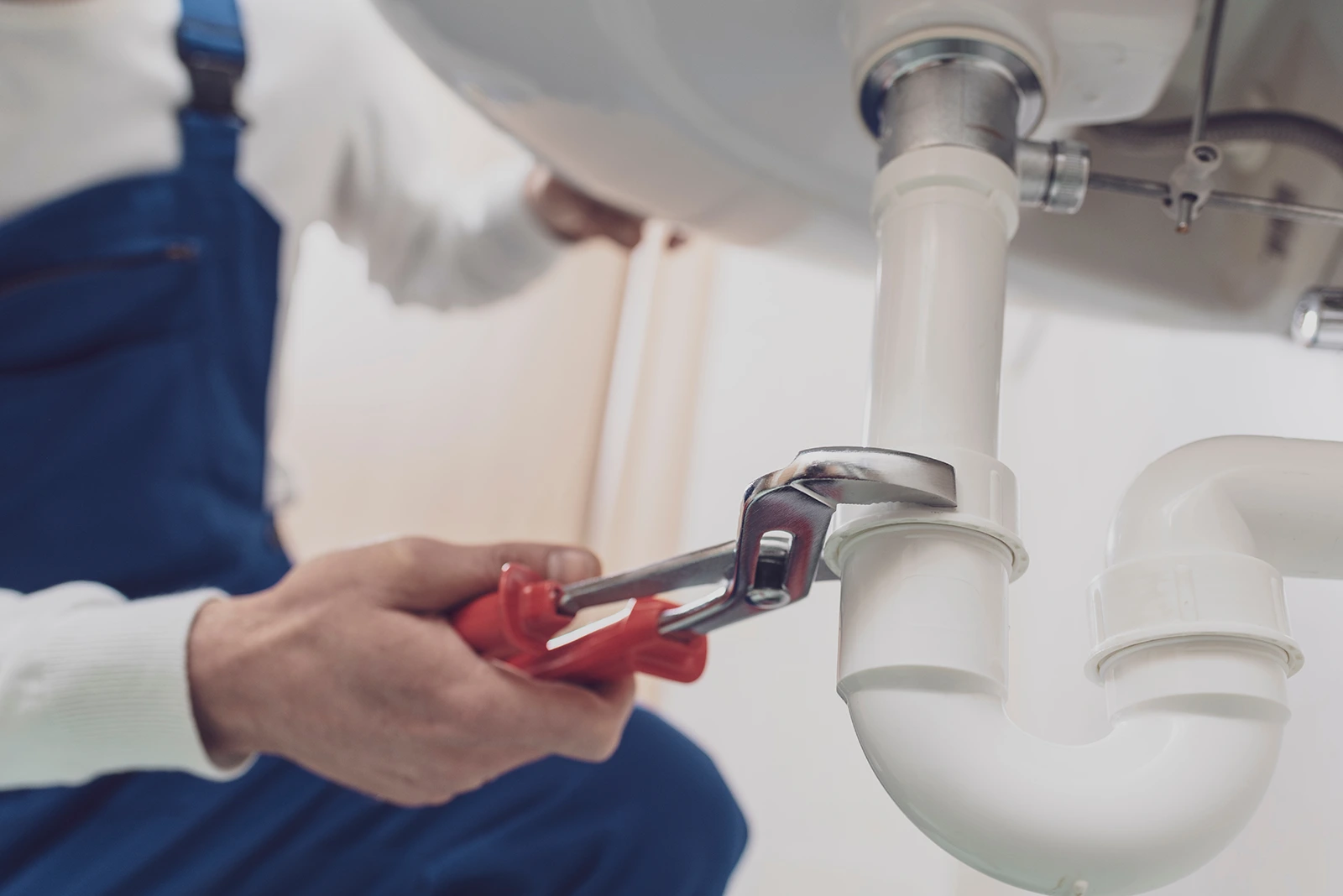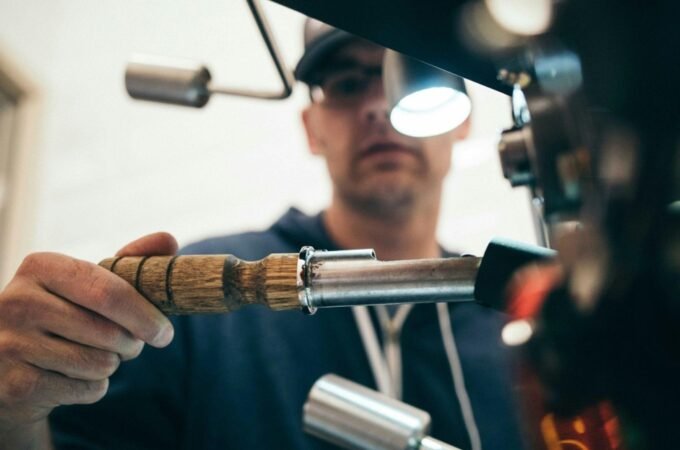
Upgrading Your Commercial Property’s Plumbing System: A Comprehensive Guide
Commercial property owners often find themselves at a crossroads when dealing with outdated plumbing systems. Recognizing the signs of wear and inefficiency is crucial for maintaining the safety and functionality of the building. For those embarking on this journey, partnering with a reputable commercial plumbing contractor is paramount. This comprehensive guide walks property owners through the essential steps to upgrade their commercial property’s plumbing system, ensuring a smooth transition and optimal results.
Table of Contents
ToggleWhy Upgrade Your Plumbing System?
Over time, plumbing systems in commercial properties face significant wear and tear. Old pipes can lead to frequent leaks, water damage, and even health hazards due to contaminants. Upgrading the plumbing system enhances water efficiency, reduces maintenance costs, and prevents potential legal issues related to health and safety regulations. Moreover, modern plumbing solutions can contribute to sustainability efforts, a growing concern among businesses aiming to reduce their environmental footprint.
Assessing the Current System
The first step in upgrading a commercial plumbing system is a thorough assessment. A professional commercial plumbing contractor will conduct a detailed inspection to identify pipe corrosion, blockages, and outdated fixtures. This assessment forms the foundation for planning the upgrade, ensuring that all problem areas are addressed and that the new system meets current standards and future demands.
Planning the Upgrade
Planning is critical to the success of any plumbing upgrade. This phase involves selecting appropriate materials, designing the new system layout, and estimating the project’s timeline and budget. A commercial plumbing contractor brings expertise in choosing high-quality materials that ensure durability and compliance with industry standards. Additionally, they can provide insights into innovative technologies that can improve efficiency and performance.
Minimizing Disruption
One of the primary concerns during a plumbing upgrade is minimizing disruption to daily operations. Strategic planning and scheduling are essential to ensure the upgrade process does not interfere significantly with the property’s regular activities. Many contractors offer flexible working hours and phased implementation strategies to keep the business running smoothly while the upgrade is in progress.
Installation and Testing
The installation phase is where the planning comes to life. Professional plumbers will carefully install new pipes, fixtures, and systems according to the approved design. Rigorous testing follows to ensure that everything functions correctly and meets safety standards. This step is crucial to identify potential issues before they escalate, ensuring a reliable and efficient plumbing system.
Maintenance and Monitoring
After the installation, ongoing maintenance and monitoring are vital to preserving the integrity of the new plumbing system. Regular check-ups by a commercial plumbing contractor can prevent minor issues from turning into major problems. Additionally, property owners should be aware of any warranties and maintenance agreements to ensure continuous support and quick resolutions to any arising issues.
Upgrading a commercial property’s plumbing system is a significant investment, but the benefits far outweigh the costs. Improved efficiency, enhanced safety, and reduced maintenance expenses contribute to a more sustainable and profitable property. For those ready to take the plunge, partnering with an experienced commercial plumbing contractor is the key to a successful upgrade. Get in touch with the pros now!






